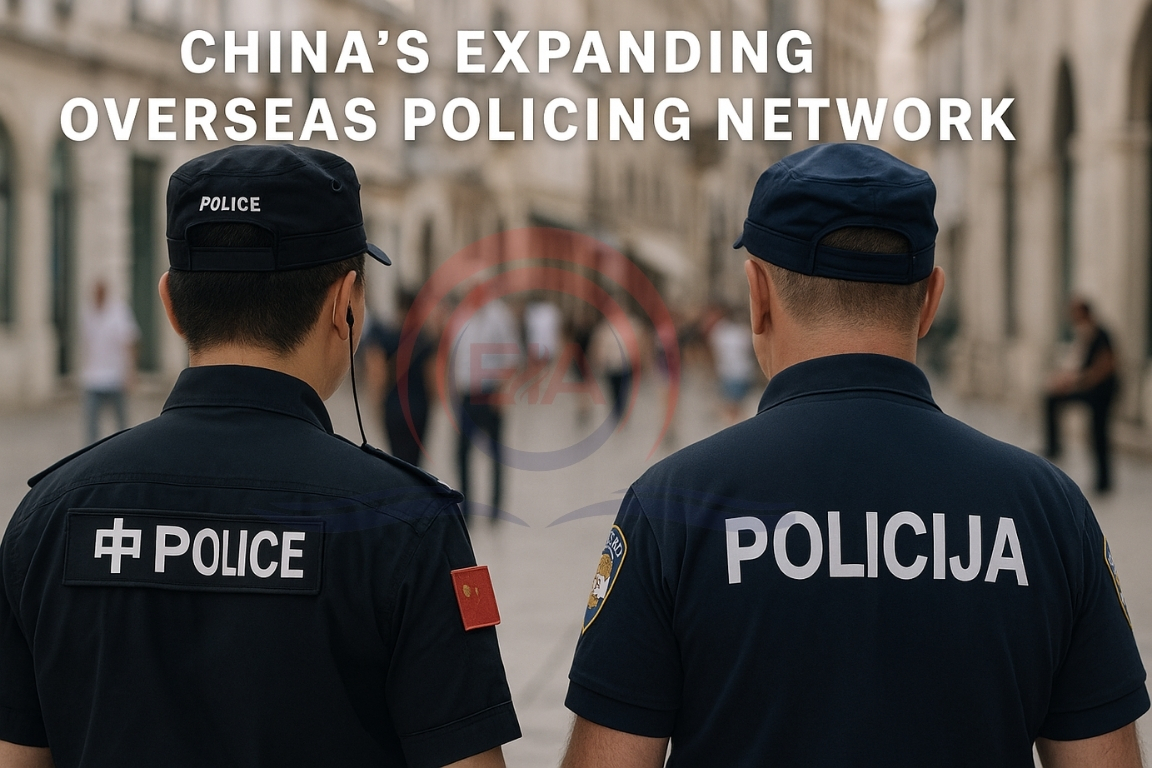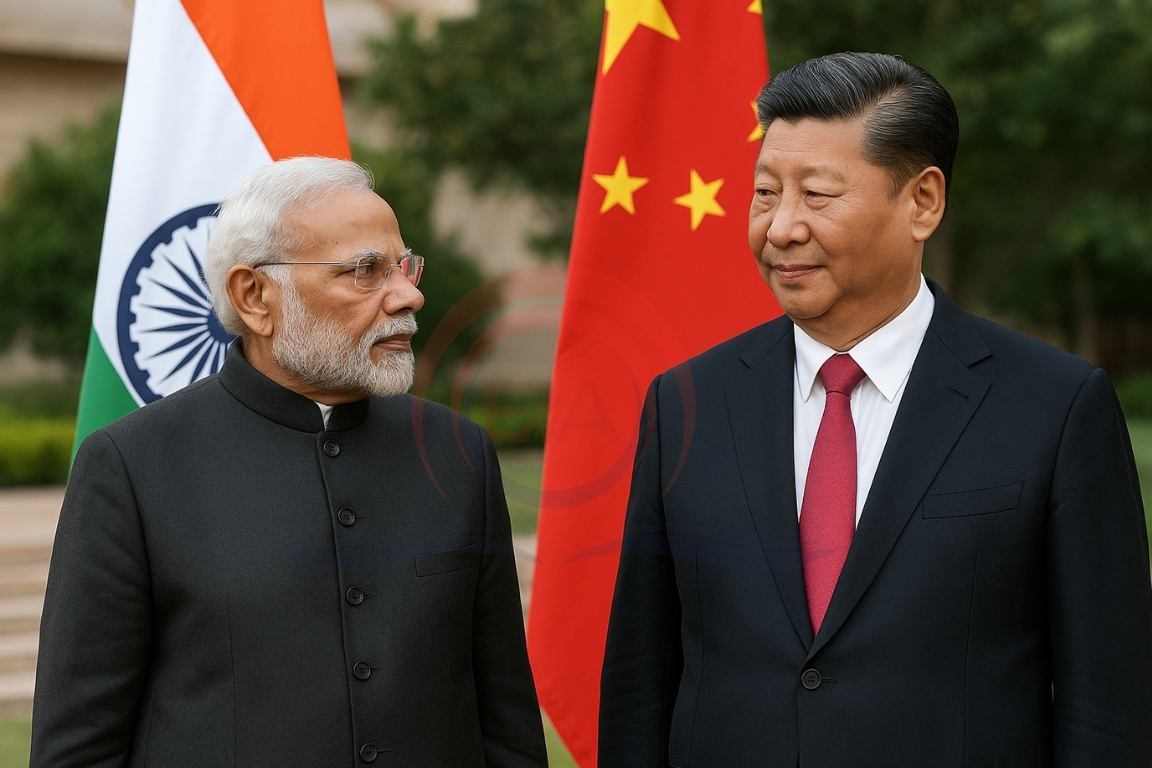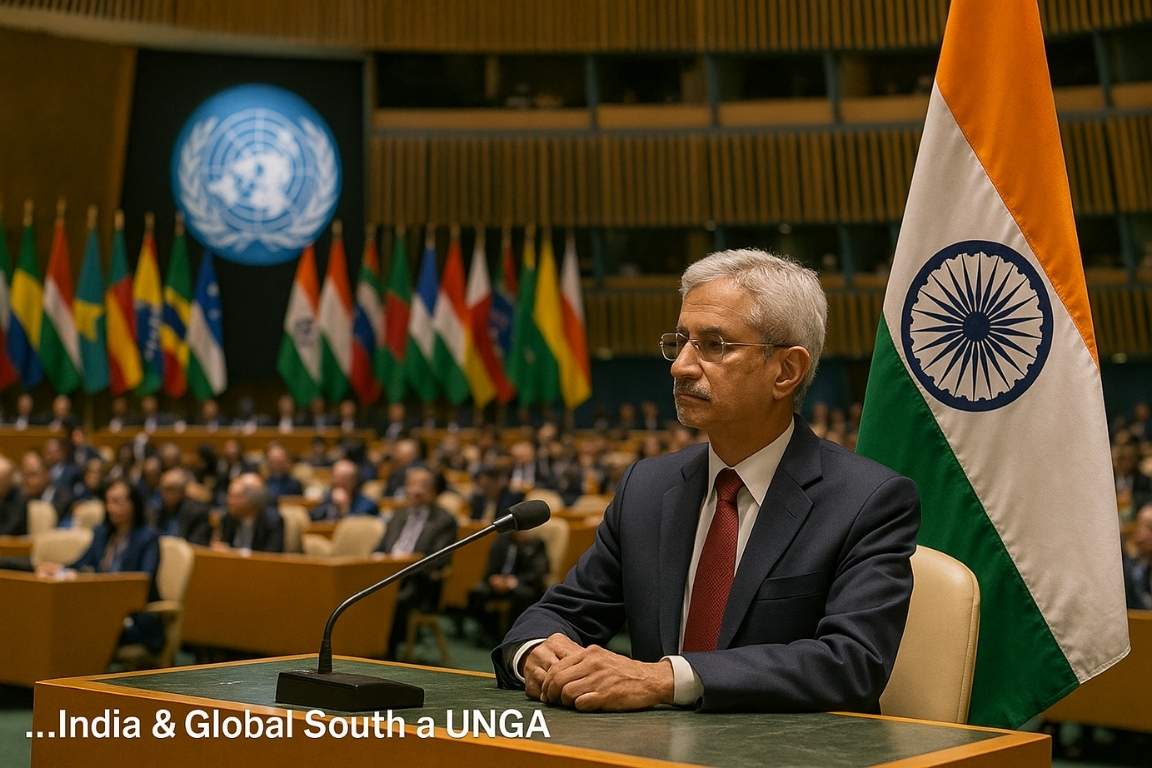China has recently sent a police team to Croatia for joint patrols under a 2017 agreement, raising concerns about the country’s growing international policing activities, especially through initiatives like ‘Fox Hunt’ and ‘Sky Net’.
Why is this an issue?
- On July 16, 2024, China’s Ministry of Public Security (MPS) announced an 8-member police team had been sent to Croatia.
- This marks the 6th joint patrol under the 2017 China-Croatia Police Cooperation Agreement.
Purpose of Joint Patrols
- The official reason is to ensure safety of Chinese tourists in Croatia, who numbered 2.5 lakh in 2024, showing a 41% increase from 2023.
- Chinese and Croatian police officers jointly patrol cities like Zagreb, Dubrovnik, and Zadar.
- The aim is also to provide security for overseas Chinese residents in Croatia.

China’s Overseas Police Expansion
- These patrols are part of larger Chinese operations like:
- Operation Fox Hunt (2014)
- Operation Sky Net (2015)
- Similar patrols and initiatives exist in:
- Serbia (joint patrols in 2019, 2023, and 2024)
- Hungary (local “police service centres” set up)
- Italy (later suspended due to security concerns)
Hidden Risks and Global Reactions
- These operations raise fears of:
- Surveillance of Chinese dissidents abroad
- Potential for transnational repression
- Establishment of unauthorised police stations
- Investigations found Chinese “service centres” in:
- Netherlands (Amsterdam, Rotterdam)
- USA (Manhattan’s Chinatown) — where FBI arrested two individuals in 2023.
- These centres claimed to assist with administrative work but allegedly monitored and intimidated critics of the Chinese government.
Global Responses
- USA has acted against such covert networks amid tense ties with China.
- But nations like Croatia, Serbia, and Mongolia, which maintain strong economic relations with China, have not launched public probes.
- In such countries, economic cooperation appears to outweigh national security concerns, unless surveillance crosses critical thresholds.
Conclusion:
China’s overseas policing raises key questions about sovereignty, surveillance, and transnational repression. Nations must weigh the economic benefits of cooperation with China against potential threats to civil liberties and national security.





